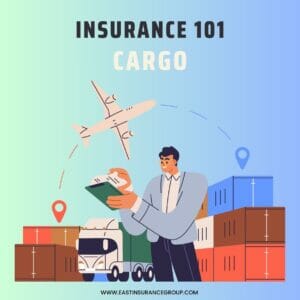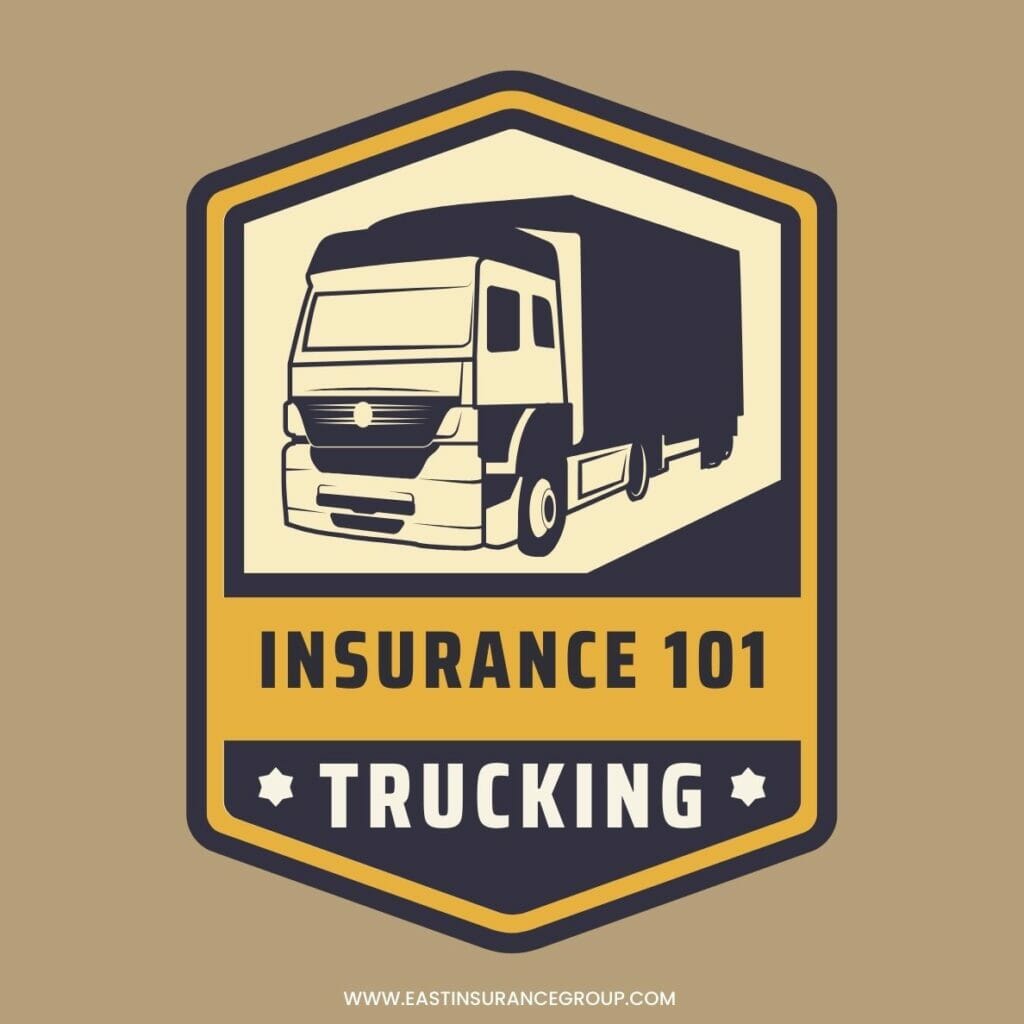As a truck driver, when you’re working for a fleet management company, trucking insurance is typically something that’s taken care of on your behalf. However, when you decide to step into the role of an owner/operator running your own trucking business or fleet, the responsibility for insurance coverage shifts to you. Ensuring that you have the right insurance is not just a regulatory requirement, but also a crucial step in safeguarding your drivers and your trucks while they’re out on the roads. If you’re unsure where to begin, let’s explore a list of common types of insurance benefits that owners/operators of trucking fleets should consider.
1. Primary Liability Trucking Insurance
Primary auto liability insurance is one of the fundamental types of insurance that every truck driver turned owner/operator must have. It’s not just a suggestion; it’s a legal requirement. Each carrier is mandated by law to maintain liability insurance for every truck in their fleet. This insurance plays a critical role in covering damages or injuries that may occur to the driver or the truck in the event of an accident. Additionally, it provides coverage for any injuries or damages sustained by a third party.
Primary liability insurance should cover at least $750,000 in damages or injuries if your driver is found to be at fault. However, this $750,000 is the minimum requirement. Any damages or injuries that exceed this amount would need to be covered out of your own pocket. Therefore, it’s wise to invest in an insurance amount that fully safeguards your entire fleet.
2. General Liability Trucking Insurance
General liability insurance provides coverage for your truck even when it’s not on the road. It extends its protection to accidents that might happen at rest stops, in parking lots, or during loading and unloading at the dock. This type of insurance also covers instances of vandalism to your vehicle and theft of goods or onboard technology, such as your Electronic On-Board Recorder (EOBR) or fleet tracking systems. When it comes to general liability insurance, you may have the option to select from several smaller packages or opt for a comprehensive package. Discuss your fleet’s specific needs with your insurance provider to determine which option best suits you.

3. Cargo Trucking Insurance
Cargo insurance is designed to cover the cost of any damaged or lost freight while your truck is in transit. The amount of cargo insurance you should purchase depends on the nature and value of the freight your fleet hauls. The minimum requirement for cargo insurance is $100,000. If your fleet transports more valuable goods, it’s advisable to invest in coverage exceeding the minimum. It’s imperative to have a thorough conversation with your insurance provider to determine the appropriate coverage amount and to carefully review the policy. Cargo insurance often comes with numerous exceptions, including clauses related to unattended vehicles and maximum theft limitations.
4. Terminal Insurance and Warehouse Legal Trucking Insurance
Terminal insurance and warehouse legal insurance ensure the protection of your freight from theft, fire, water damage, and other potential risks while it’s at a terminal or warehouse. In the unfortunate event of loss or damage, this type of insurance can help offset the cost of replacing or repairing damaged freight. Terminal coverage typically includes time limits, such as a maximum of 72 hours per load. If your freight will be in a terminal for longer than this period, you may want to consider purchasing warehouse legal coverage to provide longer-term protection. It’s crucial to engage in a detailed discussion with your insurance agent and carefully read your policy, as the coverage amount depends on the total amount of freight stored, docked, or off-loaded at any specific time.
5. Non-Trucking Liability Insurance
Non-trucking liability trucking insurance covers your driver’s truck when they’re not actively on a route. It extends protection to accidents that may occur while the truck is at home, in a driveway, or at any time when the driver isn’t actively working. Typically, this type of trucking insurance is the responsibility of the driver, and it’s highly advisable to encourage your drivers to invest in this coverage for their own benefit.
Before you start shopping for trucking insurance, it’s essential to be aware of your legal requirements. Primary liability trucking insurance is mandatory in all 50 states. If you or one of your drivers is caught without trucking insurance, it could result in hefty fines, and the driver may lose their Commercial Driver’s License (CDL). Investing in adequate trucking insurance coverage now can save you both time and money in the long run.
In conclusion, navigating the world of trucking insurance as a new trucking owner/operator may seem daunting at first, but understanding the various types of coverage and their importance is crucial. Consult with insurance experts, carefully evaluate your fleet’s needs, and ensure that you are fully covered to protect your drivers, trucks, and business on the road to success.

